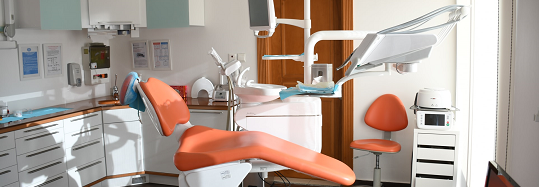
Employment status and how it is determined has been an issue that has vexed the courts recently, with cases in both the employment and tax tribunals.
An individual’s employment status determines what type of protections and rights they are entitled to, and establishing status involves the consideration of many different factors.
The latest case of Sejpal v Rodericks Dental Limited, which focuses on the status of a dentist and was heard by the Employment Appeal Tribunal (EAT), tried to offer some clarity on how the tests for employment status should be applied.
The outcome of this case will have a significant impact both on the status of NHS dentists (as this type of relationship is common in the industry), and on how future employment status claims are assessed.
An NHS dentist brought claims against the dental practice she had worked in for pregnancy and sex discrimination, alleging that she was dismissed because of her pregnancy while other colleagues were redeployed. In order to bring these claims, she needed to satisfy the following:
- That she was a worker under section 230(3)(b) Employment Rights Act 1996 – “entered into or works under any other contract … whereby the individual undertakes to do or perform personally any work or services for another party to the contract whose status is not … that of a client or customer”
- That she was in employment under section 83(2)(a) Equality Act 2010 – “employment means …. a contract personally to do work”
When this case was first heard in the employment tribunal, the dentist was found not to be a worker. However, when heard on appeal in the EAT, it was found that the employment tribunal had made errors in its analysis.
One factor that the tribunal uses to determine an individual’s employment status is personal service – whether the person is required to personally perform the work. This particular factor typically comes up when tribunals ask whether there was a substitution clause in their contract.
The employment tribunal found that as the dentist had a “clear and genuine” right to use a locum as a substitute to perform her work, she did not meet the requirement for personal service.
The EAT disagreed; the substitution clause required the dentist to be absent for a period of 14 continuous days before the locum could be appointed, and there was also an express requirement that the locum be acceptable to the dental practice.
When assessing the personal service factor, the EAT held that the employment tribunal should have considered whether the dentist was “required to provide some personal service”. They also noted that it could be possible for an unfettered right to substitution to exist and still satisfy the personal service requirement but did not make a ruling on this question.
In addition to the above, the EAT commented on the following:
- The employment tribunal had failed to look at the true nature of the written agreement between the dentist and the practice.
- The employment tribunal found that mutuality of obligation did not offer any significant insight into this case.
- No assessment had been made on control or integration, which would have been relevant to the analysis.
The case has been sent back to a different tribunal for a final decision on status. For further support on employment status determinations in your business, contact our employment solicitors.


